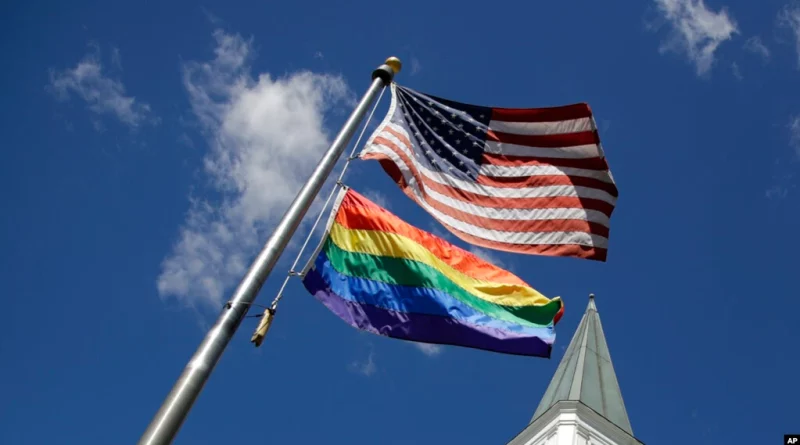“The Rainbow Wave in the U.S. Elections
"The Rainbow Wave in the U.S. Elections
The names of 714 LGBQ candidates were on the ballot in the Nov. 8 U.S. election. 436 of them won – mostly in local elections. That’s exactly 100 more than the previous record set in 2020. LGBTQ candidates ran for the first time ever in all 50 states and the District of Columbia. Many were supported by the nonpartisan LGBTQ organization Victory Fund.
“Those candidates that our organization supported won about 80 percent of the time, which is a phenomenal success,” says Victory Fund President Ennis Parker. – And, if you look at the election results, you can see that voters supported LGBTQ candidates on par with candidates from other communities or from other minorities. The success of LGBTQ candidates depended directly only on the weight of their campaigns and their credentials.”
Three LGBTQ representatives won their races for governor in different states: Jared Polis re-elected to a second term in Colorado; Tina Kotek became the second consecutive LGBTQ representative for Governor of Oregon; and finally, in Massachusetts, Attorney General Maura Healey became the first LGBTQ representative and first woman to run for state office. They all represent the Democratic Party.
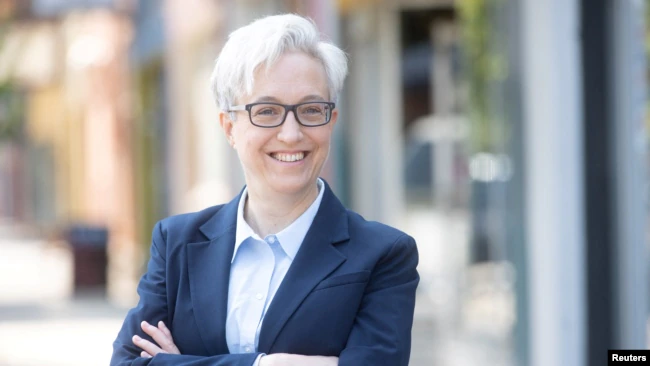
“Maura Healey and Tina Kotek as governors will have a significant impact not only on their states, but also on national politics,” Parker believes. – Oregon’s previous governor, Kate Brown, identified herself as bisexual. Now she will be succeeded by Tina Kotek, meaning the governor’s chair will go from one LGBTQ person to another. As for Massachusetts, it’s always in the public eye, being a state with a huge media market that affects multiple states.”
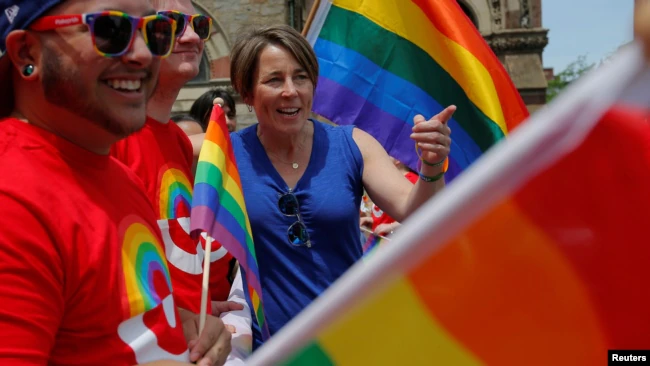
Democrat Becca Balin became the first LGBTQ representative and the first woman elected to Congress from Vermont. Her victory was also notable because Vermont was the last American state that had never elected a woman to Congress.
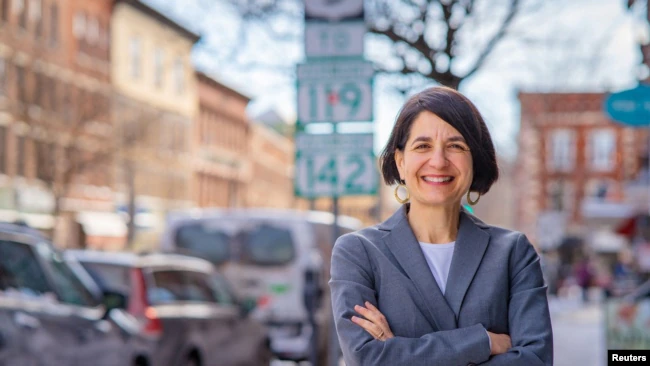
“In my campaign, I tried to get the word out to voters that democracy is under threat right now because of some politicians who really don’t believe in free and fair elections,” Balin told Voice of America. – “I think my message that my main job in Congress would be to strengthen our democracy resonated with a lot of people in Vermont. And it didn’t matter to them whether I was a woman or a member of the queer community, I was someone who stood up for democratic values. I think it helped me to endear myself to some people who may have felt uncomfortable casting their vote for a female or openly lesbian candidate.”
George Santos of New York State will go down in history as the first openly gay man elected to the U.S. House of Representatives from the Republican Party. Interestingly, his election race was historic in its own right – he was also opposed in the election by openly gay Democrat Robert Zimmerman.
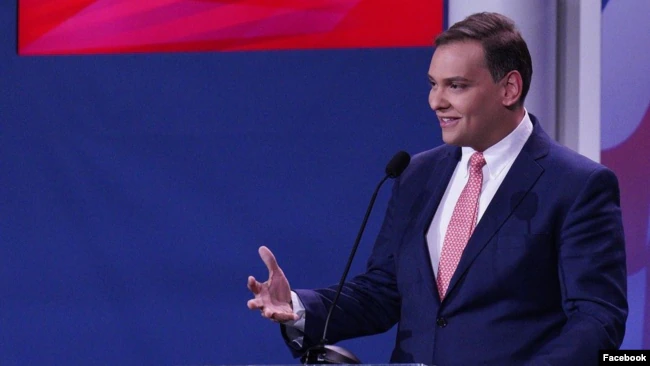
“I am gay. And it’s an inherent part of me. I have never been discriminated against in the Republican Party. In fact, every time I’ve been discriminated against, it’s come from Democrats because I’m a gay conservative. And I think it just goes to show that everything the media says about conservatives and their attitudes toward the gay and lesbian community is untrue. And it’s my job to refute that. What does my victory mean for the Republican Party in the long run? That we’re a big party – a party for everybody. We accept everyone: people of all lifestyles, all races, creeds, ethnicities and sexual orientations,” Santos said.
Democrat James Rosner, after winning election in New Hampshire, became the first transgender man elected to any state legislature. Peruvian-born Democrat Robert Garcia became the first ever LGBTQ immigrant elected to the U.S. Congress. The next 118th Congress, which will begin its work on January 3, 2023, will be the most “rainbow” in U.S. history. It will have 13 LGBTQ representatives – two in the upper house and 11 in the lower house.
